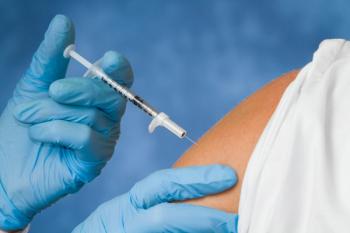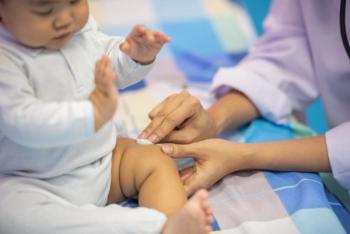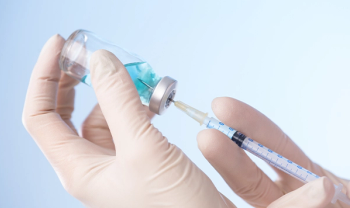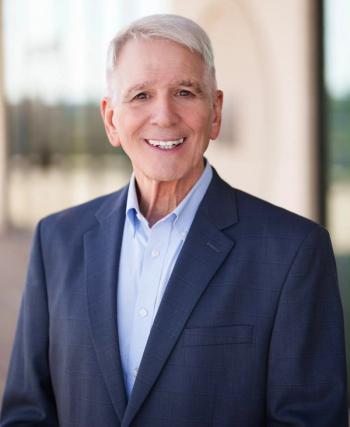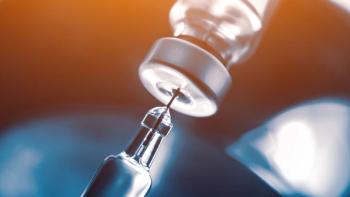
The Nocebo Effect Found to Influence Adverse Effects of COVID-19 Vaccination
Vaccine hesitancy has many causes. A new study examined how the nocebo effect — beliefs that negative side effects will occur — may be a factor in people’s response to COVID-19 vaccination and could play into hesitancy dynamics.
Adults getting vaccinated against COVID-19 were more likely to experience serious adverse effects if they expected lower benefits from the mRNA shot, higher adverse effects of immunization, including hospitalization, and had higher levels of anxiety, depression and tendency to catastrophize, a study published last week found. The impact of those beliefs and psychological predispositions are examples of a phenomenon known as the “nocebo effect.”
The
The prospective study included 1,678 individuals who had just received their second COVID-19 shot at a vaccination center in Hamburg, Germany, in August 2021. During the 15-minute waiting period at the center, they filled out questionnaires about their first vaccination experience, current expectations of vaccine benefits, risks, and perceived risks of COVID-19, adverse effects noticed in the previous two weeks, along withdemographic information and health status. Follow-up questionnaires about what they were experiencing were sent electronically for the next six days.
The 10 authors of the study all have appointments in primary care, clinical psychology or neuroscience at the University Medical Center Hamburg-Eppendorf or Helmut Schmidt University/University of the Federal Armed Forces in Hamburg.
The
For their current study, lead author Ingmar Schäfer, Ph.D., and his colleagues hypothesized that various elements of the nocebo effect, along with participants’ experiences of adverse effects after their first vaccination, would influence their experience of the second shot. Their findings bore that out, with one exception: Having observed severe adverse effects in others following vaccination made no statistically significant difference.
Holding lower expectations of the benefits of vaccination and having experienced more serious adverse effects from their first shot were most strongly associated with reports of systemic adverse events (like headache, aching limbs, joint pain or fever) following the second.
The study also found that women and those who got the Moderna vaccine as opposed to the Pfizer one experienced more negative effects but did not discuss that data. Among the reported study limitations was that 83% of participants were under 50, with a median age of 34.
Nocebo effects after vaccination have been found to be caused by three main mechanisms (all of which, the authors wrote, were present in their sample): learning (from personal previous experiences of the COVID-19 vaccine), individual expectations (regarding potential benefits and harms of vaccination) and misattributions of symptoms (participants who reported more severity of baseline symptoms also reported higher adverse effects after the second shot).
They said that clinician-patient interactions and public vaccine campaigns might benefit from their insights by contextualizing information provided about COVID-19 vaccines.
“Probable effective strategies include framing of adverse effects information by emphasizing the probability of being free from adverse effects, by elaborating on anticipated positive effects and their working mechanisms, or by accompanying adverse effect information with specific coping strategies,” they wrote.
In addition, “counteracting symptom misattribution by explicitly informing about nocebo effects (i.e., ‘Worrying about potential adverse effects can intensify concerns like a self-fulfilling prophecy. …’) has been shown to be effective in other contexts in reducing experimentally induced nocebo effects,” the researchers said.
Newsletter
Get the latest industry news, event updates, and more from Managed healthcare Executive.

